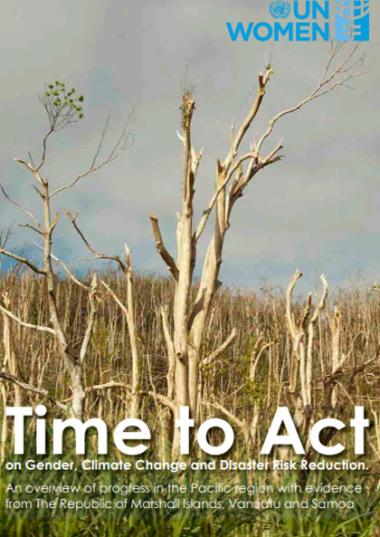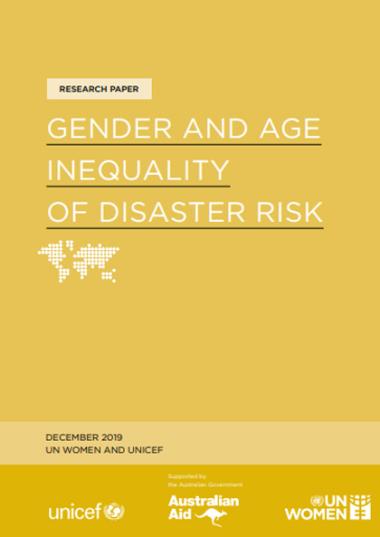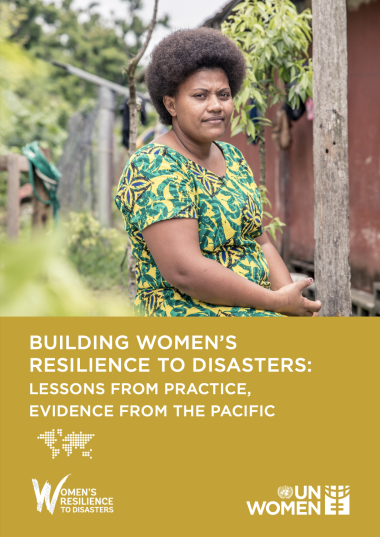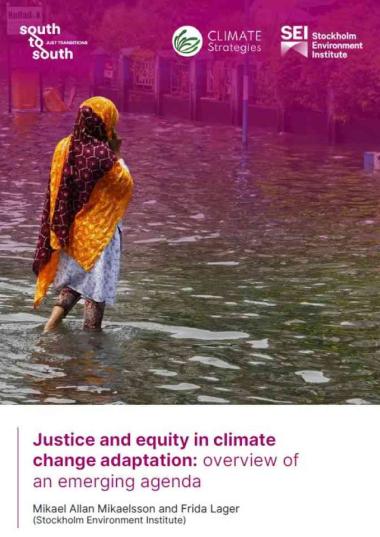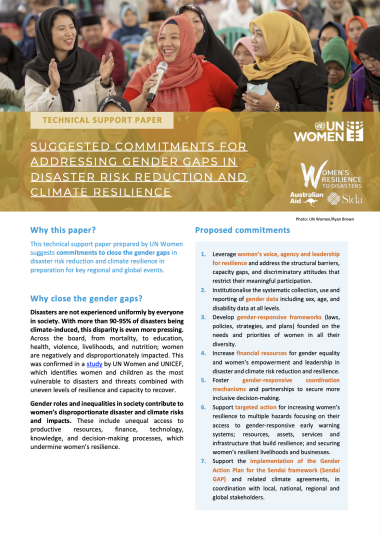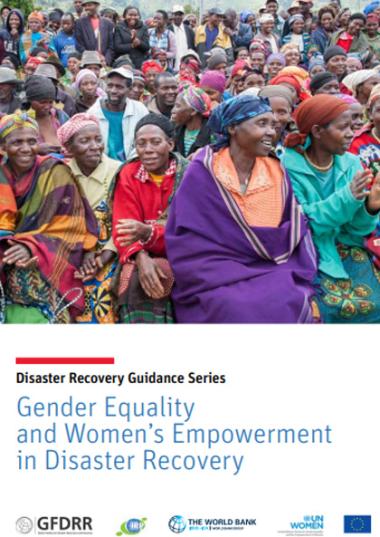
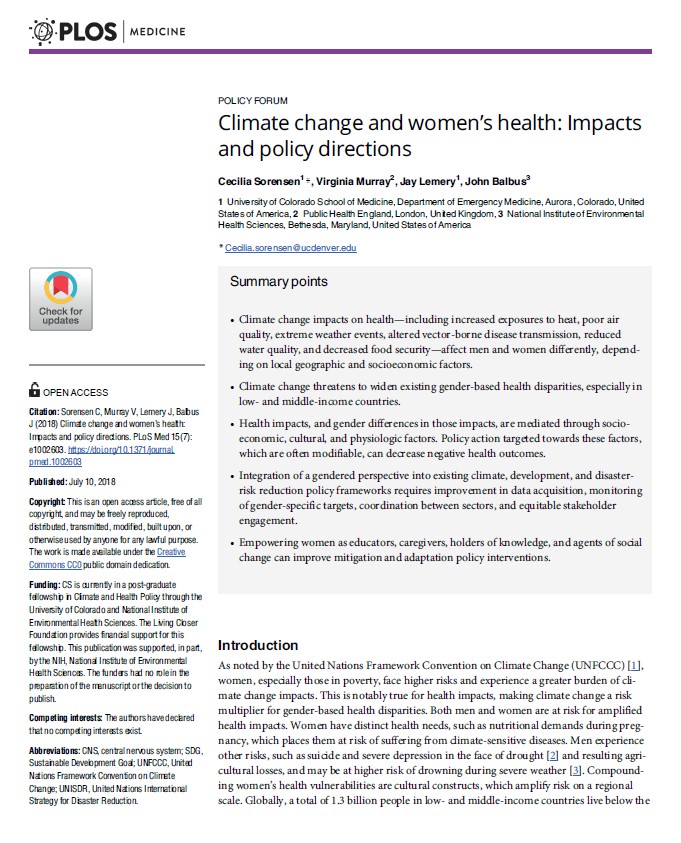
As noted by the United Nations Framework Convention on Climate Change (UNFCCC), women, especially those in poverty, face higher risks and experience a greater burden of climate change impacts. This is notably true for health impacts, making climate change a risk multiplier for gender-based health disparities.
Both men and women are at risk for amplified health impacts. Women have distinct health needs, such as nutritional demands during pregnancy, which places them at risk of suffering from climate-sensitive diseases. Men experience other risks, such as suicide and severe depression in the face of drought and resulting agricultural losses, and may be at higher risk of drowning during severe weather. Compounding women’s health vulnerabilities are cultural constructs, which amplify risk on a regional scale.
Globally, a total of 1.3 billion people in low- and middle-income countries live below the poverty line, and 70 percent are female. Yet while the interactions between poverty, gender-based social discrimination, and climate change threaten to amplify gender-based health disparities, women’s social roles and potential for agency afford opportunities for promoting solutions to sustainability, disaster risk reduction, and solutions to health threats. Ensuring that policies move beyond traditional separations of health, gender, and environment and embrace proactive and gender-based solutions is paramount to protecting women’s health and mobilising their vast social potential to mitigate, adapt to, and respond to climate threats.
